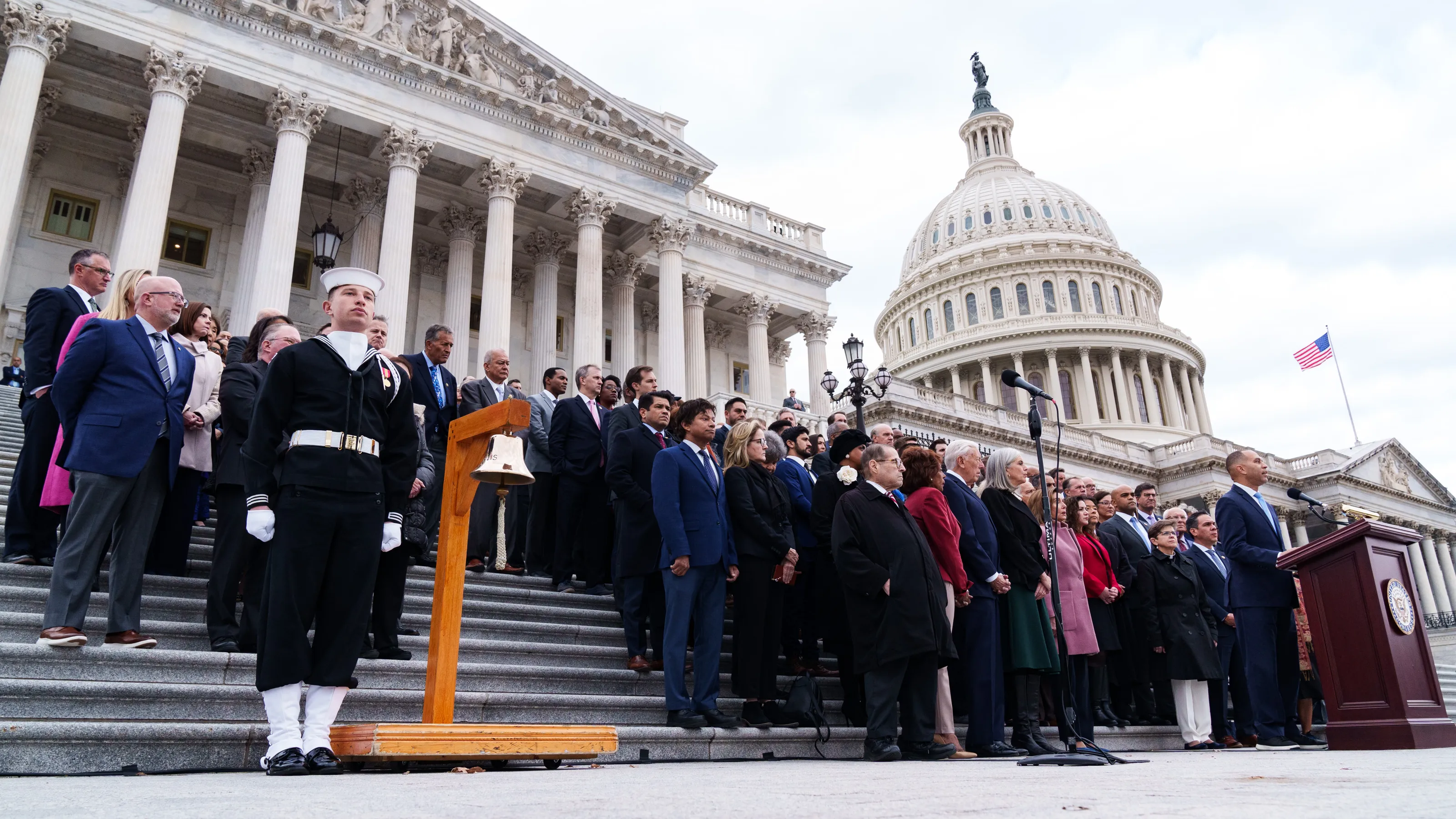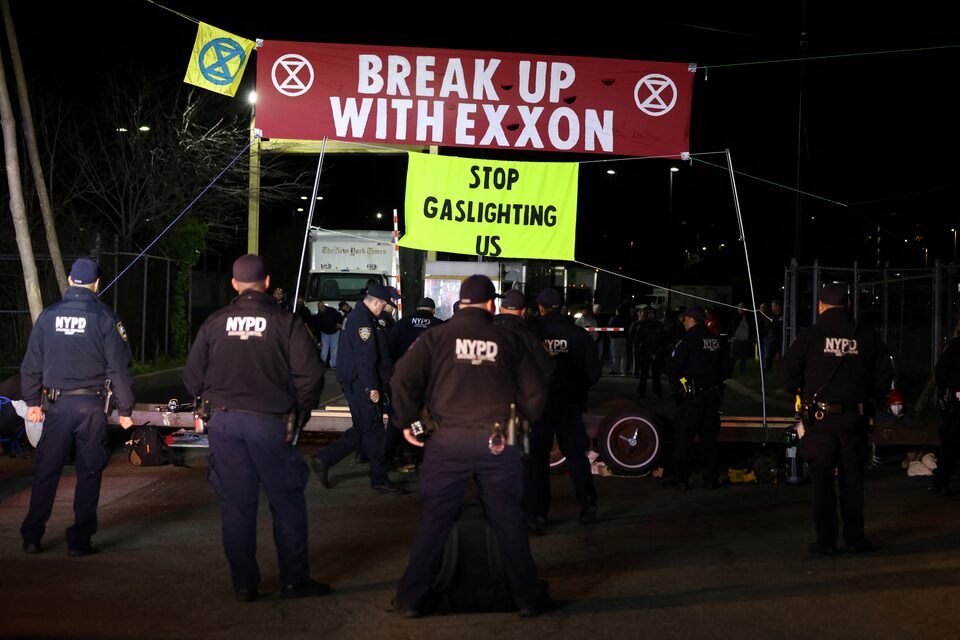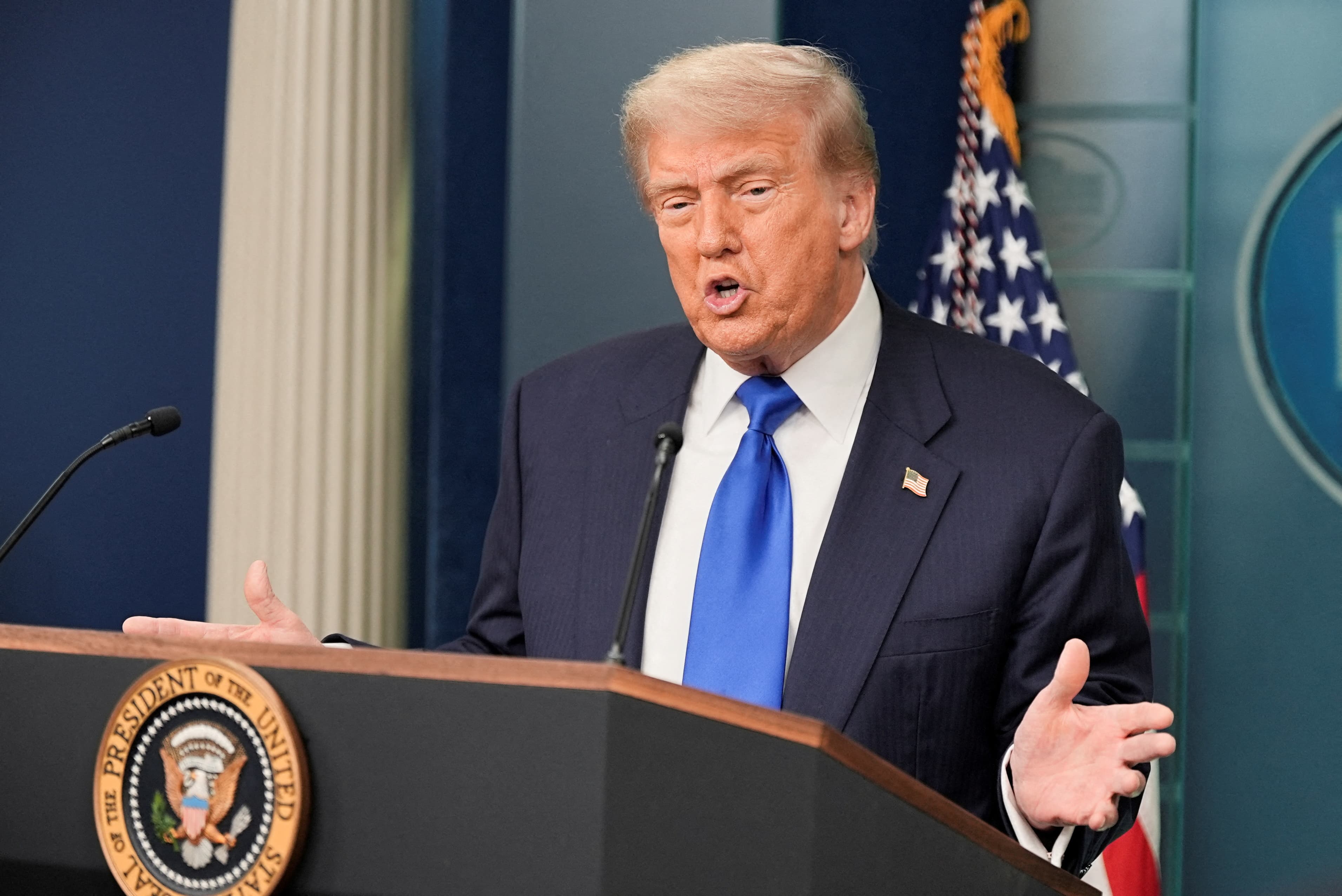Trump’s Push for Power in Sanctions Legislation
President Donald Trump’s latest maneuver to impose sanctions on Russia is cloaked in a veil of bipartisanship, yet it carries a troubling demand for unprecedented executive control over U.S. foreign policy. According to reports, Trump is willing to sign a sanctions bill targeting countries purchasing Russian oil and uranium, but only if it grants him the power to unilaterally waive these sanctions without congressional oversight. This move exemplifies the administration"s ongoing effort to consolidate power while sidelining accountability from lawmakers.
Environmental Justice at Risk
This proposed sanctions bill, known as the Sanctioning Russia Act of 2025, raises significant environmental concerns. While the intention is to curtail Russia"s influence amid the ongoing conflict in Ukraine, the ramifications of targeting fossil fuel imports are likely to ripple through global markets, exacerbating climate crises rather than alleviating them. By allowing waivers, the administration may prioritize short-term geopolitical gains over long-term sustainability and environmental justice.

Two years after Jan. 6 attack on the U.S. Capitol, protesters gather in Washington D.C.
Congress’s Role Under Threat
The current draft of the sanctions bill allows for a 500 percent tariff on countries purchasing Russian energy resources, yet Trump’s insistence on retaining the power to override congressional decisions strips lawmakers of their constitutionally mandated role in foreign policy. As reported, a senior administration official indicated that the White House perceives congressional oversight as "micromanagement" that undermines the president’s authority. This attitude reflects a dangerous precedent where executive power overshadows critical checks and balances, raising alarms about accountability in foreign relations.
Political Gamesmanship Over Genuine Solutions
Trump’s negotiations with Congress have sparked a flurry of activity among Republican leaders, some of whom are voicing skepticism over the efficacy of sanctions as a tool for foreign policy. Many lawmakers, especially those within the “America First” faction, are cautious about supporting a bill that they fear may not align with Trump’s unpredictable stance. As reported by the New York Times, this hesitance reflects a broader uncertainty about whether the sanctions will genuinely pressure Russia or simply serve to bolster Trump’s image as a negotiator.

On Earth Day, climate activists call for ban on buying Russian oil ...
Implications for Global Energy Markets
Should this legislation pass, the economic implications could be substantial. The sanctions could disrupt global energy markets, disproportionately affecting lower-income communities and exacerbating existing inequalities. The idea that Congress would relinquish authority over such a critical issue as energy policy, particularly in light of a climate emergency, is deeply concerning. As reported by Reuters, Trump’s reluctance to impose sanctions until he feels empowered indicates a troubling trend where political maneuvering takes precedence over pressing climate realities.



![[Video] Gunfire between Iraqi security forces and Sadr militias in Baghdad](/_next/image?url=%2Fapi%2Fimage%2Fthumbnails%2Fthumbnail-1768343508874-4redb-thumbnail.jpg&w=3840&q=75)
